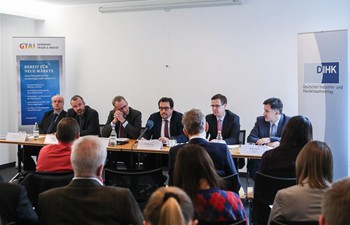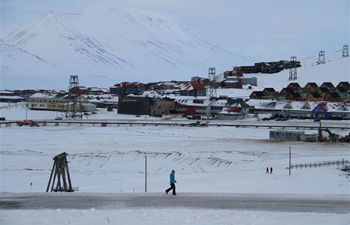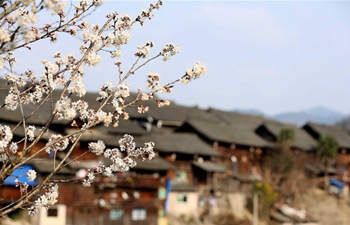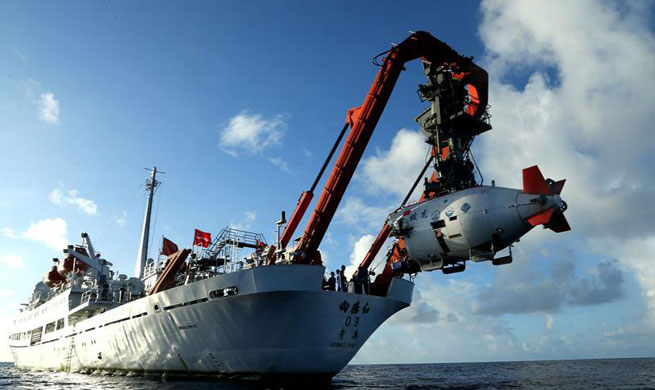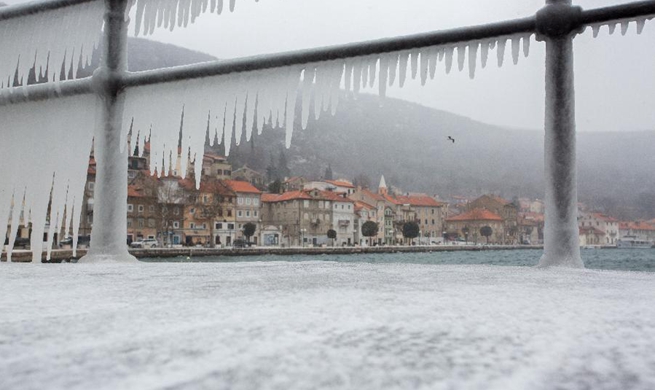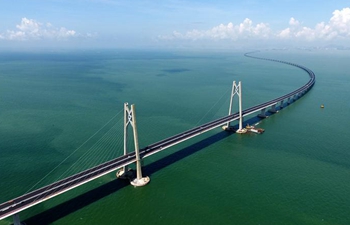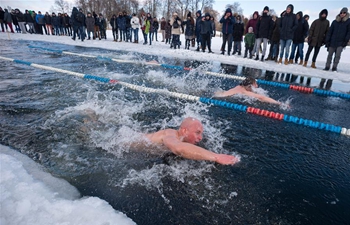CANBERRA, Feb. 27 (Xinhua) -- A coalition of Australia's leading climate scientists have called for a hydraulic fracturing ban in the Northern Territory (NT) to be made permanent.
Hydraulic fracturing, commonly known as fracking, is the process of injecting liquid at high pressure into fissures in subterranean rocks so as to force them open for oil and gas exploration.
The NT Government's fracking inquiry will decide in March whether fracking of major shale gas reserves will be allowed to resume after the practice was temporarily banned.
In an open letter to the inquiry, 31 of Australia's leading climate scientists called on the panel to declare shale gas projects too risky for the sake of reducing greenhouse gas emissions.
"The NT is in the region likely to experience the most severe impacts of global warming, for example it is highly susceptible to temperature increases," the scientists, including Commonwealth Scientific and Industrial Research Organisation (CSIRO) Climate Change Hub leader David Karoly, wrote.
"In Darwin the number of days over 35 degrees Celsius is expected to increase from 11 per year currently to up to 308 in 2070 if emissions are not reduced.
"Heatwaves have killed more Australians than any other extreme weather events."
In its draft report released in December, the inquiry found that developing a single shale gas field in the NT would increase Australia's total greenhouse gas emissions by 5 percent.
"This is a large and unacceptable increase in Australia's emissions. It is completely incompatible with Australia's carbon budget and our commitments under the Paris agreement," the letter said.
"Any new fossil fuel development is incompatible with the goal of the 2015 Paris climate agreement that aims to limit the rise in global temperature to well below 2.0 degrees Celsius above pre-industrial levels and to make every effort to limit the rise to 1.5 degrees Celsius."




